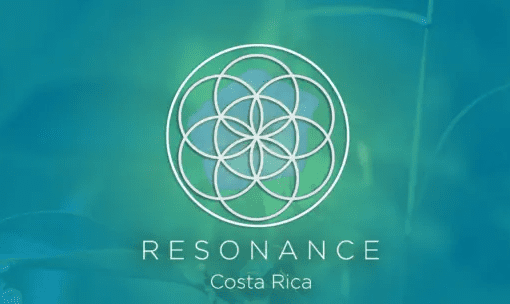The first meteor shower of 2024 in Costa Rica will grace the skies during the initial week of January. The Quadrantids will be visible, reaching their zenith and capable of generating up to 100 meteors per hour against the backdrop of a dark sky.
While the prime opportunity to observe this celestial event from Costa Rica unfolded between the night of January 2 and the dawn of January 3, the visibility window of this meteor shower from the national territory will persist until January 5.
Furthermore, the Moon is transitioning from its current waning quarter phase to a new moon, resulting in diminished lunar brightness in the sky. The National Meteor Institute, in its report on Wednesday, predicted scant to partial cloudiness, creating favorable conditions for meteor viewing.
The optimal time to witness the Quadrantid meteor shower will be between midnight on January 3 and the early morning hours of January 4.
Given the lingering moonlight during the early morning of January 4, it is advisable to counteract its brightness by positioning yourself behind buildings, trees, or hills. Observing in the opposite direction of the Moon will enhance the visibility of the Quadrantids.
While these shooting stars may not leave luminous trails, they can manifest as captivating and rapid fireballs.
Alejandra León-Castellá, the executive director of the Cientec Foundation, recommends selecting an appropriate observation spot based on the radiant of the Quadrantids—the point in the sky from which the shooting stars of this meteor shower appear to emanate.
To pinpoint the radiant of the Quadrantids, she suggests using the free mobile app named Stellarium, available for Android and iOS. Employ the app’s search engine with the term “quadrantids” to ascertain the sky region to focus your gaze.
“For an optimal experience, choose dark locations such as mountains, mountain peaks, or beaches devoid of city lights. Lie on your back with your feet facing northeast. Before casting your eyes to the heavens, close them for a few seconds to allow your pupils to acclimate to the darkness. Refrain from looking at the illuminated cellphone screen and stay focused on the sky; within less than 30 minutes, your eyes will adapt to the absence of light, facilitating a clearer view of the meteor shower,” Cientec Foundation recommended.
Source link
Ileana Fernandez



